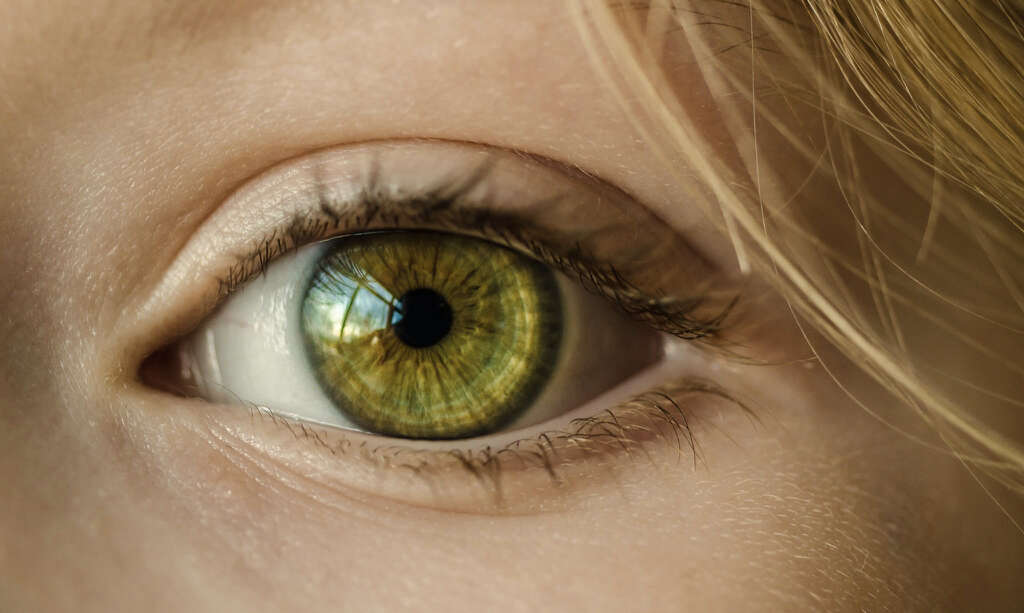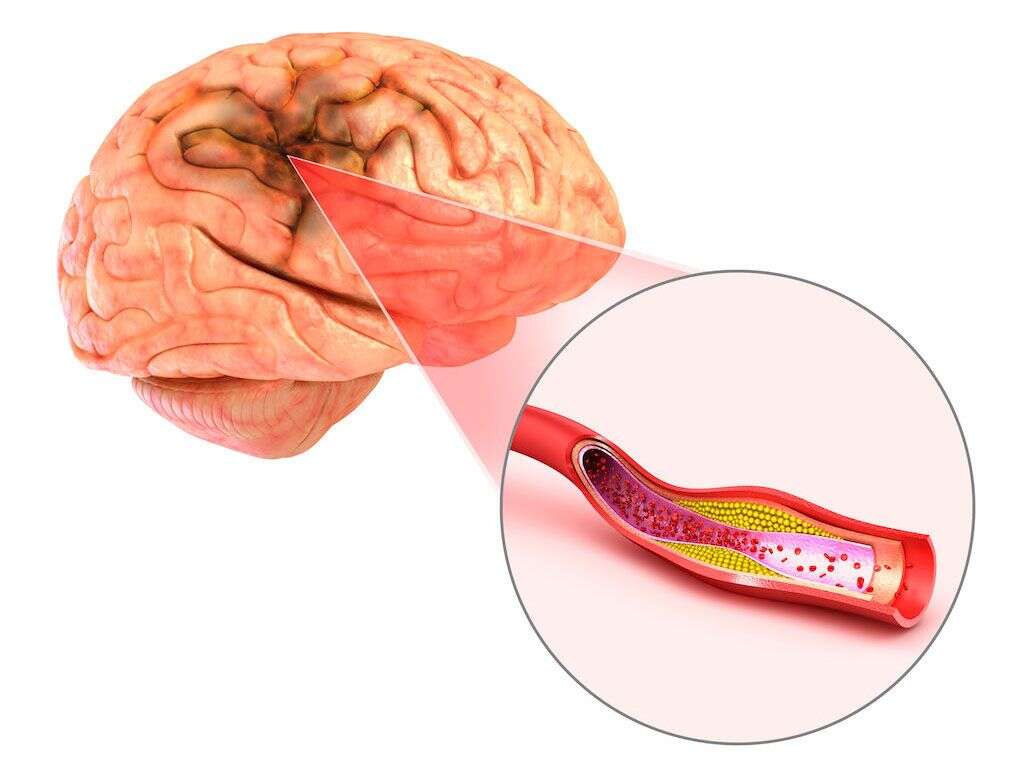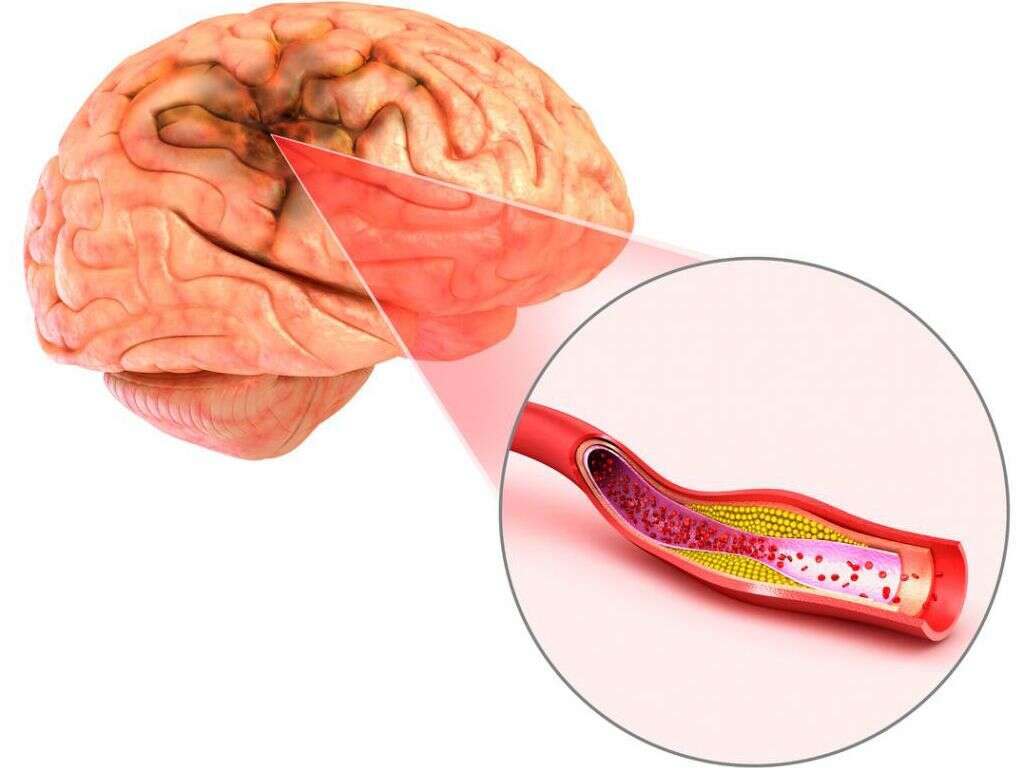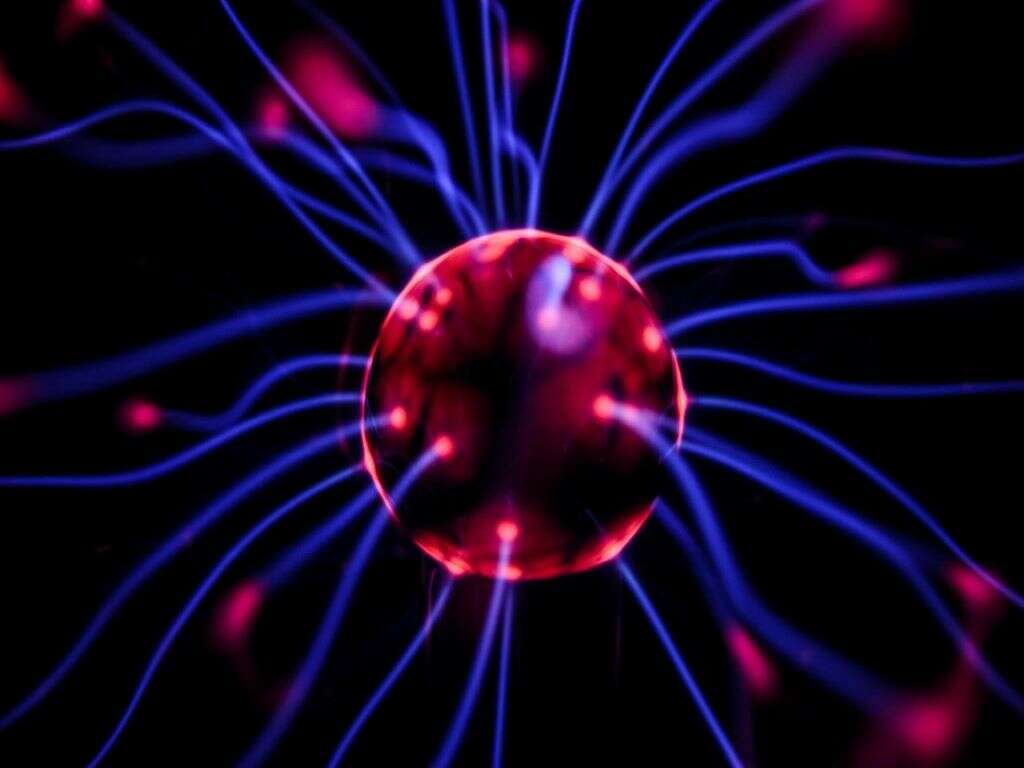10 Mild Stroke Symptoms
The brain needs a constant supply of fresh blood and is the most demanding organ in our body. If it doesn’t get the constant supply that it needs then things can start to go very wrong, very quickly. A mild stroke is a brief interruption of the blood supply and this can cause various symptoms.
The symptoms of a full stroke and a mild stroke are very similar, the main difference is that the symptoms of a mild stroke will not last as long.
A mild stroke should still be taken very seriously, though, and if you suspect somebody has suffered from a mild stroke then you should make sure they get emergency medical assistance. Below are 10 symptoms of a mild stroke to be aware of.

Symptom #1: Speaking Difficulties
Speech might appear to come to us effortlessly, but it is in fact a very complex process. It requires the ability to understand the conversation, the ability to find the right words, and then the ability to move our muscles in a precise way to make the right sounds in order to say those words.
While it is something we tend to take for granted, speaking can become very difficult for us under some circumstances. In cases of a mild stroke, our brain will be struggling to operate as well as it should and this affects our ability to speak.

Symptom #2: Difficult Balancing
Being able to balance takes a great deal of skill. We don’t notice it as adults, but just being able to walk took years of practice. It is an ability that is ingrained into us because we have had so much practice at it. If something happens to our brain, though, then balancing can become a great deal harder.

Symptom #3: Headache
The chances are that you have had at least one headache in your lifetime. Many people will experience them quite often and their severity can vary. They are so common that most of us will think nothing of them, except for maybe taking a painkiller and getting an early night.

Symptom #4: Numbness
Our whole bodies can experience some sort of sensation. This is thanks to a network of nerves that carry impulses to and from the brain. These nerves can be found throughout the body, including in our extremities. They are able to send information to our brain such as whether our body is damaged and what the temperature is.

Symptom #5: Difficulty Seeing
Our eyes have evolved over millions of years to be as effective as they are. They allow us to see in a wide range of colors and also over a range of distances, but they are not the most effective eyes in the animal kingdom. Regardless, they are still able to let us know what we need to know, although this ability can be affected.

Symptom #6: Dizziness
If you have gone for too long without eating, there’s a good chance it may have made you feel dizzy. This is because of a decrease in nutrients flowing to the brain, but this is usually remedied fairly easily by getting some rest and having something to eat. Dizziness can also be a sign that something is quite wrong, though.

Symptom #7: Confusion
Things can become confusing for us from time to time. This is usually when we are being bombarded with information and we have difficulty keeping up. Sometimes, though, we might get confused at simple things, such as understanding where we are or who certain people are.

Symptom #8: Nausea
Nausea is one of those symptoms that pretty much everybody has experienced at some point. It can be caused by harmless things such as the odor of a particular type of food or it can be caused by serious illnesses, and this includes a mild stroke.

Symptom #9: Weakness
Our physical strength generally comes from our muscles and from our skeleton that gives it support. We are able to move around and lift heavy objects thanks to the contraction of these muscles. Our brains send messages to these muscles to tell them when they should contract or relax.

Symptom #10: Changed Sense of Smell and Taste
Our senses of taste and smell give us very important information about what is around us. They can help to alert us to potential dangers, while they can also help prevent us from eating something that we shouldn’t. These senses rely heavily on our nose and our tongues, while they also rely on a healthy brain.












